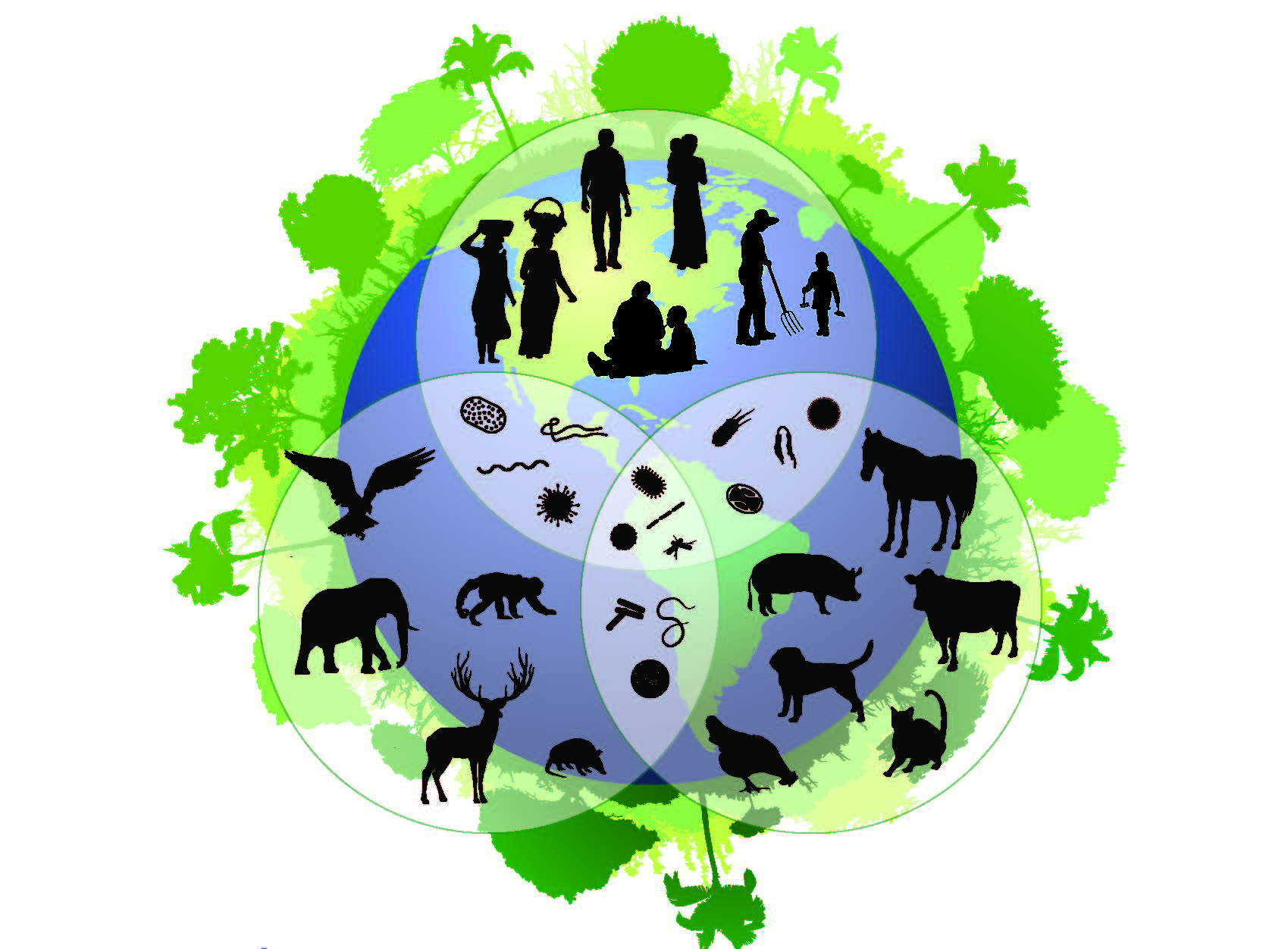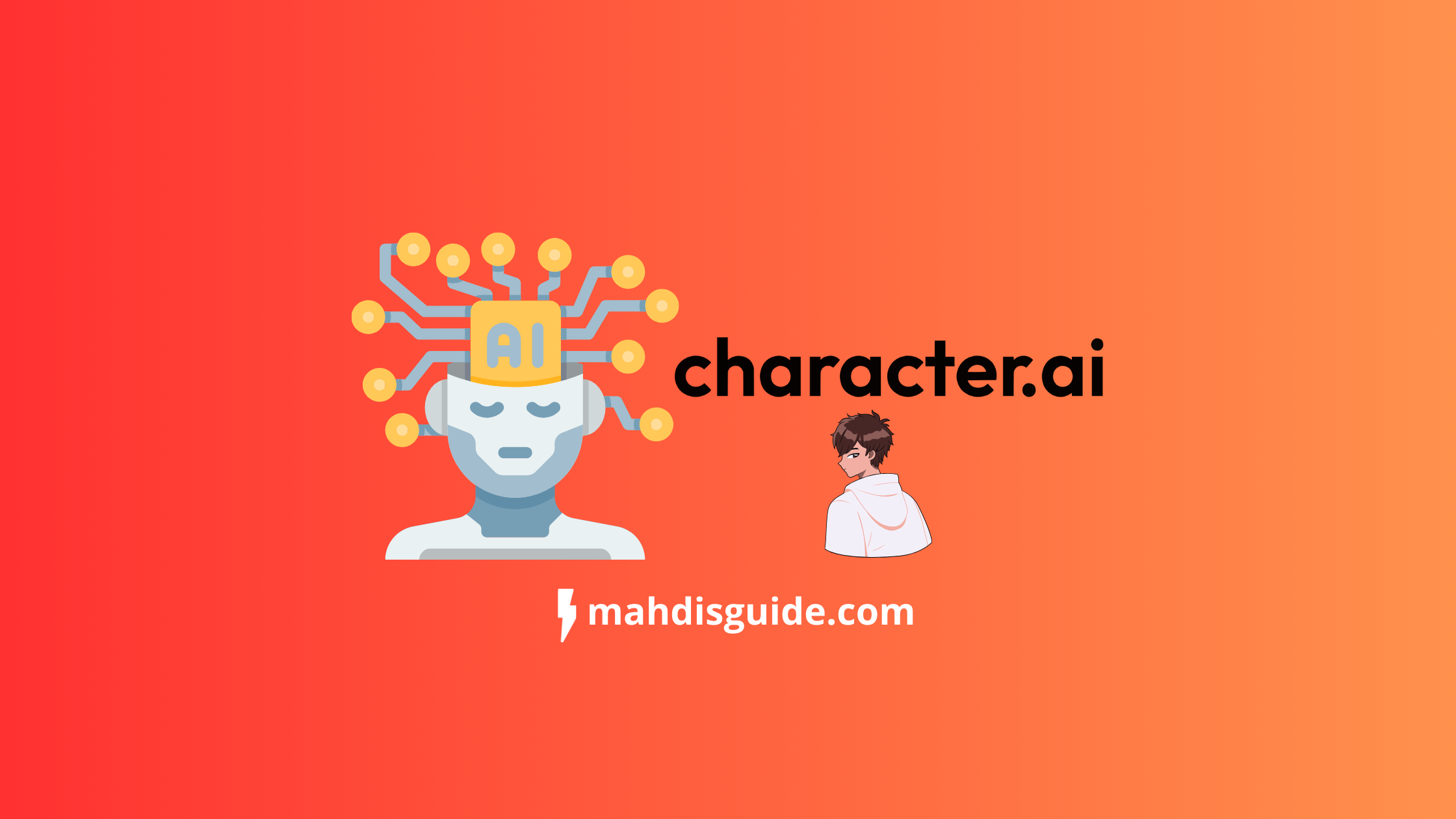Alcohol: Understanding Its Role In Health And Society is a topic that has been debated for centuries. On the one hand, alcohol can be enjoyed in moderation as a social lubricant and a way to relax. On the other hand, alcohol can be a source of addiction, liver damage, and other health problems.
Editor's Notes: Alcohol: Understanding Its Role In Health And Society have published today 02/13/2023.
In this article, we will explore the role of alcohol in health and society. We will discuss the benefits and risks of alcohol consumption, and we will provide tips for drinking responsibly. Our goal is to help you make informed decisions about alcohol so that you can enjoy its benefits without putting your health at risk.
Key Differences or Key Takeaways:
Transition to main article topics

Understanding Skincare Ingredients: Alcohol - Health Articles - Source healtharticle.info
FAQ
![]()
Boy It's Just Alcohol / Boy It's Just Alkahal | Know Your Meme - Source knowyourmeme.com
Question 1: Is alcohol a stimulant or a depressant?
While alcohol initially acts as a stimulant, it ultimately functions as a depressant. Initially, it excites the central nervous system, leading to feelings of euphoria and disinhibition. However, as consumption increases, the depressant effects become more pronounced, resulting in impaired coordination, judgment, and cognitive function.
Question 2: Can moderate alcohol consumption benefit heart health?
Research suggests that moderate alcohol consumption — defined as one drink per day for women and two drinks per day for men — may have certain cardiovascular benefits. This includes reducing the risk of coronary artery disease and ischemic stroke. However, excessive alcohol intake can have detrimental effects on heart health, increasing the risk of various cardiovascular conditions.
Question 3: Is alcohol addictive?
Yes, alcohol is addictive. It can lead to both physical and psychological dependence. Regular alcohol consumption alters brain chemistry, making it difficult to control drinking and leading to cravings. Alcohol addiction can have severe consequences, including health problems, social issues, and impaired functioning in various life domains.
Question 4: Does alcohol contribute to obesity?
Yes, alcohol contains empty calories and can contribute to weight gain. One gram of alcohol provides seven calories, and excessive alcohol consumption can lead to increased calorie intake without providing any nutritional value. Additionally, alcohol can impair judgment, making it more likely to engage in unhealthy eating habits.
Question 5: Can alcohol affect mental health?
Yes, alcohol can significantly impact mental health. While moderate consumption may have some relaxing effects, excessive alcohol intake can lead to various mental health issues, including depression, anxiety, and psychosis. Alcohol can also interact with certain medications used to treat mental health conditions, potentially exacerbating symptoms or reducing their effectiveness.
Question 6: Is it safe to consume alcohol during pregnancy?
No, consuming alcohol during pregnancy is not safe. Alcohol can cross the placenta and reach the developing fetus, causing a range of adverse effects known as fetal alcohol spectrum disorders (FASDs). These disorders can lead to physical, cognitive, and behavioral problems in the child.
Understanding these FAQs can help individuals make informed decisions about alcohol consumption and its potential impact on their health and well-being.
Tips
A growing body of research suggests that moderate alcohol consumption may offer certain health benefits. However, it is essential to understand the risks associated with alcohol use and to drink responsibly.
Tip 1: Drink in Moderation
For women, moderate drinking means up to one drink per day. For men, it means up to two drinks per day. A drink is defined as 12 ounces of beer, 5 ounces of wine, or 1.5 ounces of distilled spirits.
Tip 2: Choose Your Drinks Wisely
Some alcoholic beverages are higher in calories and sugar than others. If you are concerned about your weight or blood sugar levels, choose drinks that are lower in these substances.
Tip 3: Eat Before You Drink
Drinking on an empty stomach can cause your blood alcohol level to rise more quickly. Eating before you drink will help to slow down the absorption of alcohol into your bloodstream.
Tip 4: Pace Yourself
If you are going to drink, pace yourself and drink slowly. This will help you to avoid getting drunk and minimize the risks of alcohol-related problems.
Tip 5: Know Your Limits
Everyone's alcohol tolerance is different. It is important to know your limits and to drink within them. If you are not sure how much you can handle, start with one drink and see how you feel.
Tip 6: Avoid Mixing Alcohol and Drugs
Mixing alcohol with drugs can be dangerous. Alcohol can increase the effects of some drugs, which can lead to overdose or death.
Tip 7: Get Help if You Need It
If you are struggling with alcohol abuse, there is help available. Talk to your doctor or mental health professional about treatment options.
Summary of key takeaways or benefits:
By following these tips, you can reduce the risks associated with alcohol use and enjoy the potential health benefits of moderate drinking. However, it is important to remember that alcohol is a drug and can be harmful if it is abused.
Alcohol: Understanding Its Role In Health And Society
Transition to the article's conclusion:
Alcohol is a complex substance with both risks and benefits. By understanding the risks and drinking responsibly, you can minimize the harms and maximize the potential benefits of alcohol consumption.
Alcohol: Understanding Its Role In Health And Society
Alcohol has a multifaceted role in health and society, with significant implications for physical well-being, mental health, social interactions, and overall quality of life. Understanding these aspects is crucial for informed decision-making and policy formulation.

Is Biodiversity Good for Human Health? | Duke Global Health Institute - Source globalhealth.duke.edu
- Physiological Impact: Alcohol's effects on the brain, liver, heart, and other organs
- Mental Health: Alcohol's influence on mood, anxiety, and addiction
- Social Implications: Alcohol's role in gatherings, celebrations, and social norms
- Economic Impact: Alcohol-related costs on healthcare, productivity, and societal burden
- Legal and Ethical Considerations: Regulations, laws, and ethical dilemmas surrounding alcohol use
- Cultural Context: Alcohol's historical, religious, and cultural significance in different societies
These key aspects are interconnected and influence each other. For example, excessive alcohol consumption can lead to health problems, which may have negative economic consequences and impose a burden on the healthcare system. Moreover, alcohol's social and cultural contexts can shape its effects, such as the perception of moderate drinking as acceptable in some cultures but not in others. Recognizing these complexities is essential for developing comprehensive approaches to address alcohol-related issues and promote public health.

Understanding Beta Character AI and its Role in Conversational AI - Source www.kgisl.com
Alcohol: Understanding Its Role In Health And Society
Alcohol consumption has significant implications for both individual health and societal well-being. Understanding the complex relationship between alcohol and health is crucial for developing effective policies and interventions to mitigate its negative consequences while harnessing its potential benefits. Alcohol consumption can have both short-term and long-term effects on physical and mental health.

Understanding Alcoholism: Its Nature, Causes & Possible Cure - Source www.alcoholproblemsandsolutions.org
In the short term, excessive alcohol intake can impair judgment, coordination, and reaction time, increasing the risk of accidents, injuries, and violence. Chronic alcohol abuse can lead to liver damage, heart disease, stroke, cancer, and cognitive impairment. Alcohol dependence is a serious condition that can disrupt relationships, careers, and overall quality of life.
From a societal perspective, alcohol misuse contributes to crime, social unrest, and economic losses. Alcohol-related violence, property damage, and healthcare costs place a substantial burden on communities and governments. Addressing the harmful effects of alcohol requires a multifaceted approach involving public education, responsible alcohol marketing practices, and evidence-based prevention and treatment programs.
By understanding the role alcohol plays in health and society, we can create a comprehensive strategy to promote responsible drinking, reduce alcohol-related harm, and improve the lives of individuals and communities.
Conclusion
Alcohol's impact on health and society is far-reaching. Understanding this complex relationship is essential for developing effective policies and interventions to mitigate its negative consequences. Alcohol consumption can have both beneficial and harmful effects, and a balanced approach that promotes responsible drinking and minimizes alcohol-related harm is crucial.
By raising awareness about the health and societal implications of alcohol, we can encourage responsible drinking habits, reduce alcohol-related harm, and create healthier and safer communities.